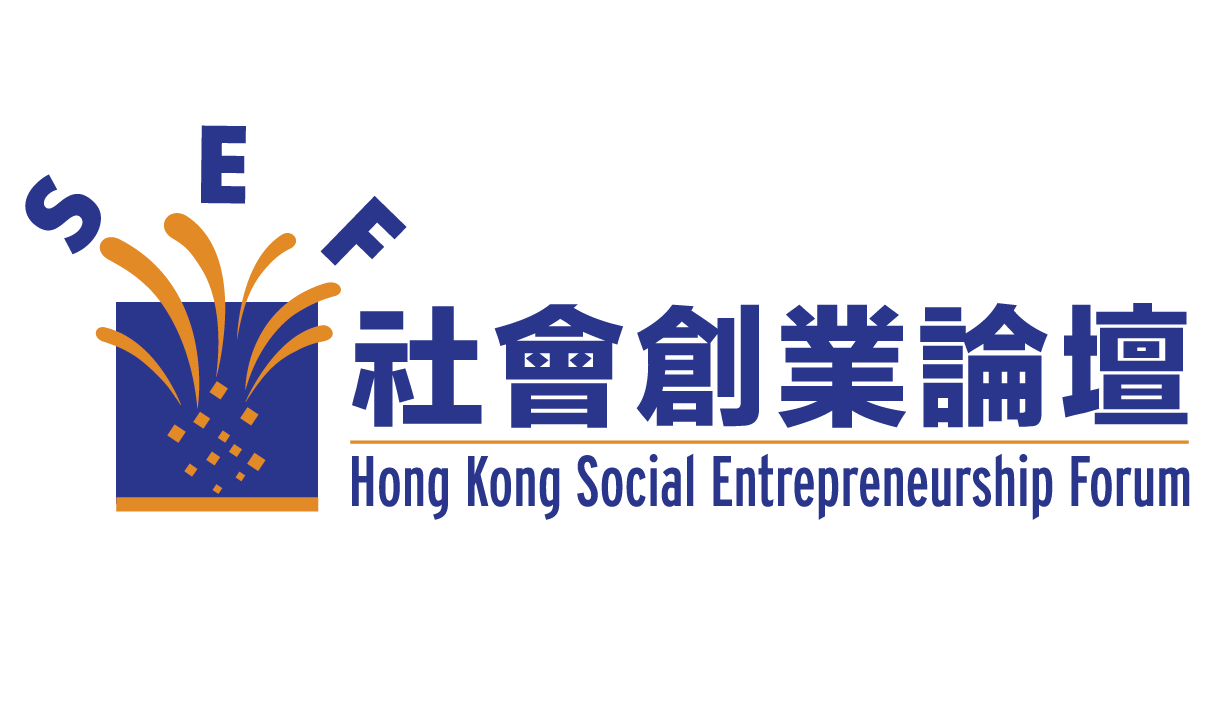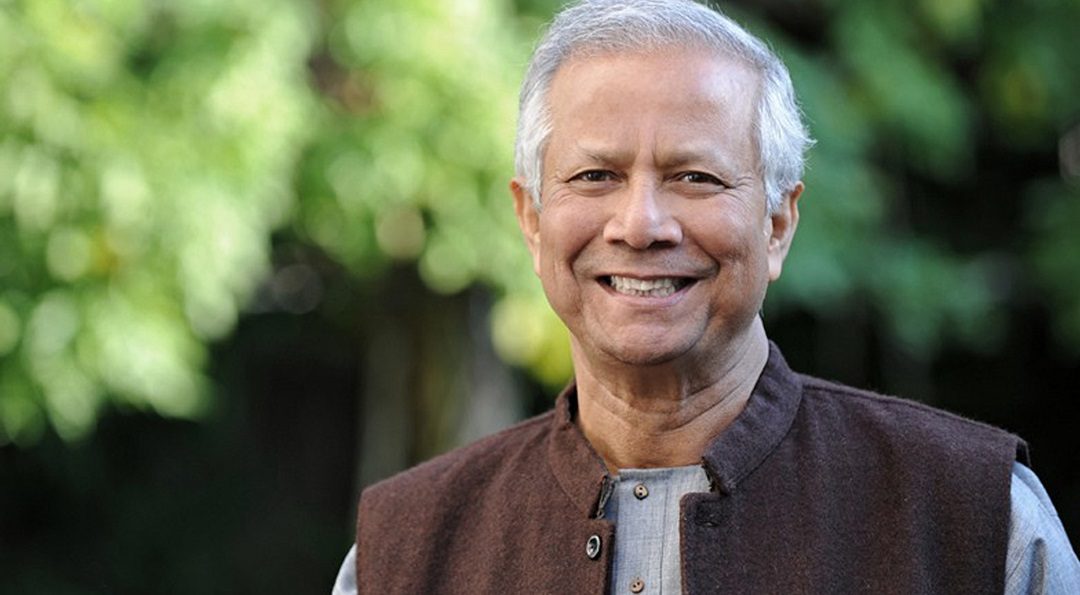Source: Creating a World Without Poverty: Social Business and the Future of Capitalism (N.Y.: PublicAffairs, 2007); Edited by Dr KK Tse
I have been studying (yes, studying, not just reading) Yunus’ two recent books, Creating a World Without Poverty: Social Business and the Future of Capitalism (N.Y.: PublicAffairs, 2007) and Building Social Business: The New Kind of Capitalism that Serves Humanity’s Most Urgent Needs (N.Y.: PublicAffairs, 2010). Both titles focus on social business (and indeed there are some overlapping materials), but Yunus’s primary purpose is to demonstrate that the current, ‘traditional’ capitalism has outlived its usefulness and that the world needs a new kind of capitalism in which social business will become increasingly the dominant form of business.
Yunus is uniquely positioned to present his case. Having built up a social business, Grameen Bank, and a host of other related businesses all focused to improving the livelihood of the poor and disadvantaged, he could eloquently speak from his experience. And as an economist trained in the U.S., he knows the mainstream economic theories inside out and can reflect on its strengths and weaknesses. He is thus more than an exemplary social entrepreneur. His greatest contribution to the world is yet to come: he is leading a worldwide movement to rethink and transform capitalism as we know it.
For time being, let’s hear what Yunus has commented on something that all of us encounter every day.
Extracts from Creating a World Without Poverty, pp 210-214
The Logic of Uncontrolled Growth
We live in a world where economic inequality is causing enormous human suffering for billions of have-nots. Yet the apparent solution to the inequality problem – rapid economic growth in the developing world – appears to bring with it catastrophic dangers of its own.
What are the root causes of this painful dilemma in which we seem to be trapped? Ultimately, I believe, they can be traced to the same incomplete and flawed view of society and human existence that underlies our entire economic system.
Businesses in the developed nations are diligently maximizing their profits – and as a result, resources are being squandered, the environment is being despoiled, and generations to come will have an increasingly grim future to look forward. As the capitalist philosophy spreads, developing nations like China and India are growing their own classes of business people who are also diligently maximizing their profits, following their models in North America and Europe – and as a result, hundreds of thousands of people are afflicted with diseases and dying prematurely due to pollution, and the global problem of climate change is rapidly moving toward a point of no return.
Making Space for a New Set of Voice
Today the marketplace is dominated by the voices of traditional capitalism. Many of these voices speak on behalf of corporations, urging consumers through advertising, marketing, publicity, and consumption-oriented media to buy more goods and services as quickly as they can. The sole messages are: Buy More! Buy More! Buy More! And Buy More! And we wonder why so many young people are alienated, and why older people often feel their lives have been less than fully satisfying.
The only voice in the marketplace is the voice of profit-maximizing businesses, geared to making sure that the objectives of ever-increasing consumption is achieved. This voice follows consumers everywhere – when they are reading newspaper, listening to the radio, watching TV, driving their cars, or surfing the Internet. A seamless stream of messages urging consumption keeps flowing every second of their waking hours. Businesses are finding ever smarter ways to grab consumers’ attention in every possible situation and persuade them to buy their products.
This process of promoting consumption is supposed to be a driving force behind economic growth. But what about global sustainability? What about restraining wasteful consumption? What about the personal satisfaction to be derived from enjoying what one has rather than constantly striving to seize the lead in an endless struggle for economic dominance? Don’t these values deserve a hearing , too?
I strongly feel that we need a parallel voice in the marketplace, offering consumers a different set of messages – messages like:
- Think about whether you really need it!
- The more you buy, the more likely it is that you are exhausting earth’s nonrenewable resources.
- Check the packaging – is it wasteful?
- Buy from a company that will take back your last purchase and recycle it.
- Are you spending like a citizen of the world?
Where will this parallel voice come from? Social business can play a crucial role. Social businesses may become a source of the strong counter-voice that we are looking for. They can be a credible source that people can believe, because they know that those who speak aren’t trying to manipulate them in search of personal gain.
How Much Consumption?
I am a firm believer in personal freedom. Each individual person on this planet is packed with limitless capabilities. An ideal society should create an enabling environment around each individual so that all of his or her creative energies can be unleashed to the very fullest.
At the same time, we all realize that there are circumstances in which sacrificing some part of our personal freedom is necessary to enhance our own security, safety, and long-term happiness. That’s exactly the reason why we have traffic rules in the streets. Of course, having to stop my car at a red light diminishes my personal freedom to a small extent. But if there were no traffic lights, it would be highly risky to drive at all. Most people in civilized societies will accept reasonable regulations on business and other personal activities for much the same reason – that in the long run they enhance the quality of life for all without imposing an unfair burden on any individual.
In the circumstances we face today as a species, I think it is time to consider limiting the freedom of the individual nation to consume or waste natural resources. To begin with, I would urge nations to think about restricting their own consumption voluntarily. If this proves inadequate, I would move – reluctantly – toward restrictions defined and enforced under global treaties.
Through their current, virtually unrestricted consumption, waste, and despoliation of natural resources – including both nonrenewable resources like oil, gas, and coal, as well as essential shared goods such as clean air and water – the citizens of the wealthiest countries are depleting assets that should be the shared patrimony of all humankind. In the process they are short-changing future generations of an equal chance to enjoy a full, satisfying life as well as depriving people from the developing world who aspire to a better way of life. Someday, when the people of Bangladesh and other developing countries reach the stage where they are ready to enjoy a similar level of consumption to that enjoyed in North America and Europe, it may be impossible for them to do so because the necessary resources have been sequestered for use by the richest countries – or even completely used up.
People and nations have a right to enjoy their lives as fully as they want. But does this mean all nations have a right to waste as much as they want, to use up resources that other need to survive, or to leave behind a planet that our children and our children’s children will find unlivable.
The urge to consume without regard to the long-term social costs is a natural, even inevitable outgrowth of the breakneck quest for profit maximization. When we put profit first, we forget about the environment, we forget about public health, we forget about sustainability. The only question we consider legitimate is: How can we buy and sell more goods, at a higher rate of profit, than last year? Whether these goods are actually ‘needed’ by the people or are beneficial to them in the long run is considered irrelevant.
In this mad rush for profit maximization, what gets lost is environmental quality, long-tern sustainability, and even the health of individual consumers.
We see, then, that the problem of global poverty is deeply interwoven with many other challenges faced by humankind, including some that may threaten our very existence as a species. This makes the necessity of reforming the capitalist system and making room for the new kind of enterprise I call social business even more urgent.
Note from KK:
I hope the above extracts have given you a sense of what Yunus is trying to do. Basically, he sees the future of capitalism in the development of social business. To him, social entrepreneurship is not just something that is ‘nice to have’, but represents a major force for reshaping the world’s future.

